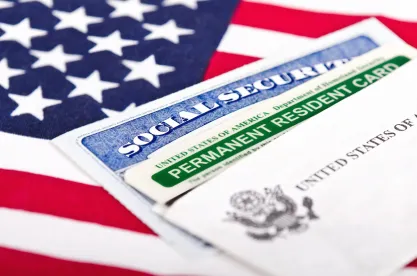Citing the need to adequately assess their potential impact, the Biden Administration seeks to delay, or reverse, in some cases, a triumvirate of rules issued by the previous administration aimed to dramatically change the H-1B process. These include a rule substantially raising prevailing wages, a rule changing the definition of “specialty occupation” and the “employer-employee relationship,” and a rule that would lead to the selection of H-1B cap cases on the basis of wage level – with the highest wage levels prioritized.
The effective date of the prevailing wage rule has been postponed until the end of 2022, while the Department of Homeland Security conducts a careful review.
The rule revising definitions was withdrawn by the Biden Administration.
The third rule, the Modification of Registration Requirement for Petitioners Seeking to File Cap Subject H-1B Petitions (the Modification Rule), has been postponed until December 31, 2021, to allow more time to understand and implement it properly. However, the possibility remains that the rule could go into effect for the FY 2023 H-1B cap lottery. In an effort to further delay or withdraw the rule altogether, U.S. businesses spanning a variety of industries have banded together and brought suit in federal court in Humane Society of New York v. Mayorkas.
The Humane Society plaintiffs include non-profits, start-ups, healthcare concerns, and small businesses. They believe they would be unable to supply needed public services if the rule is implemented in light of their inability to offer salaries above the Level 1 prevailing wage for necessary entry-level positions. The plaintiffs believe that the rule “unlawfully equates salary with value” and, in violation of the statute, makes the H-1B cap program dependent on just one factor: salary. In their complaint, the plaintiffs allege that the rule violates the Administrative Procedures Act and the Immigration and Nationality Act, and that former Acting Secretary of DHS Chad Wolf lacked the authority to implement the rule.
Courts have held that Wolf’s appointment was not proper and, therefore, rules he implemented could not stand. After Kirstjen Nielsen left her post as secretary of DHS in April 2019, until February 2021, when President Joe Biden’s nominee for the post, Alejandro Mayorkas, was confirmed, there were only “acting” secretaries in place. Those appointments, according to different courts, violated the rules in place for filling vacancies, thus rendering invalid the rules enacted during those appointments.
We will continue to provide updates on the Modification Rule and the ongoing federal litigation as they become available.




 />i
/>i

